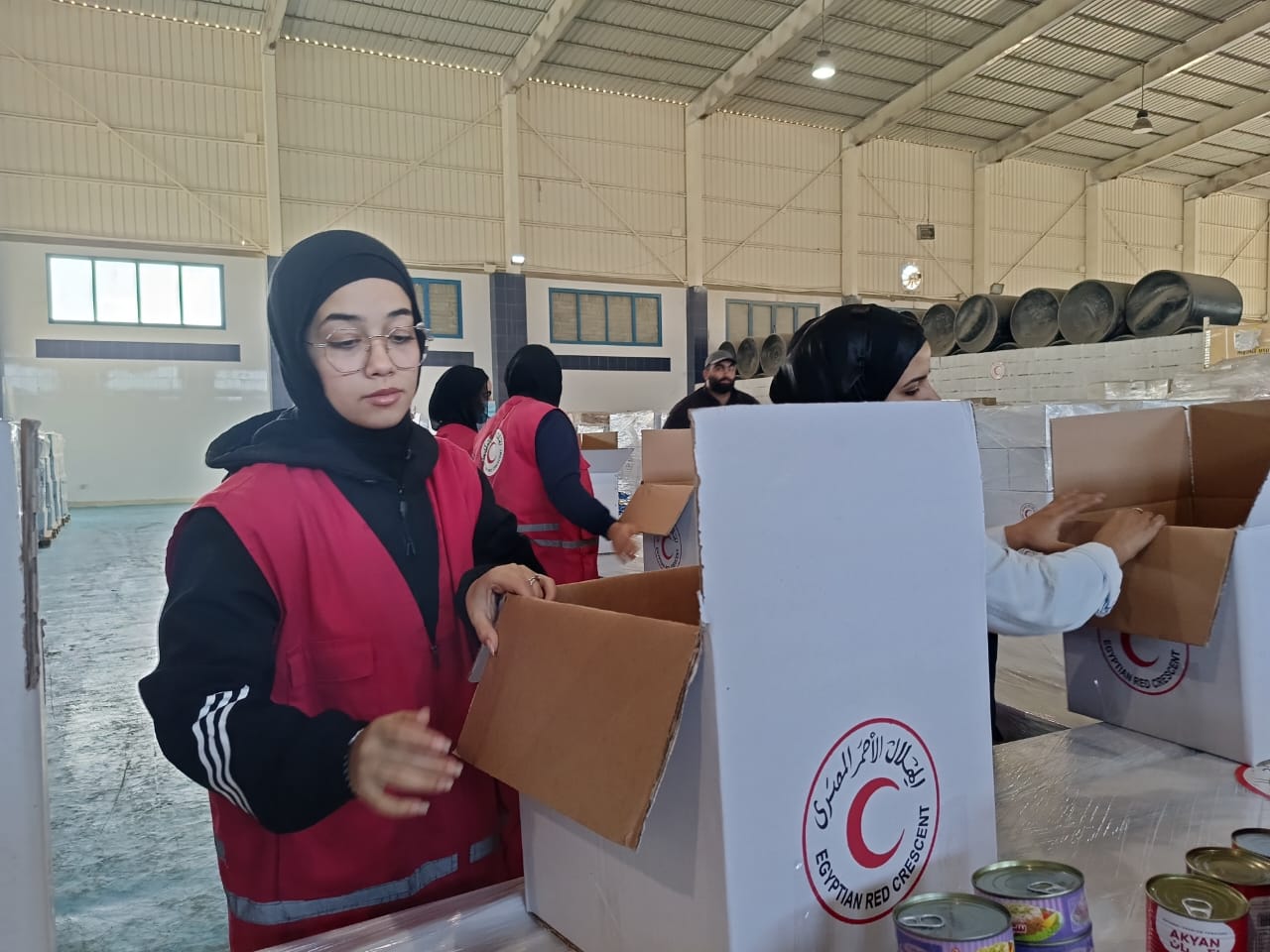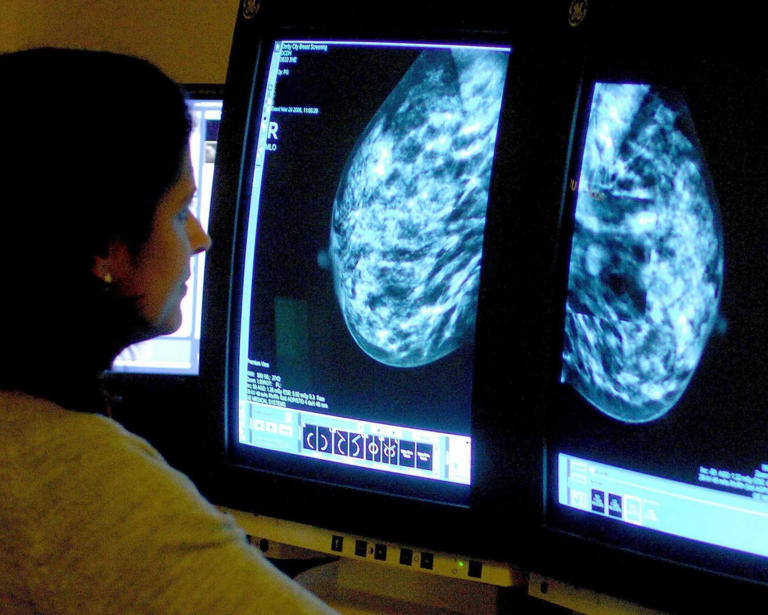Alsharq Tribune-AFP
Wild poliovirus type 1 (WPV1) has been detected in environmental samples collected from seven districts across Pakistan, the National Institute of Health (NIH) said in a report on Saturday.
According to the Regional Reference Laboratory for Polio Eradication at the NIH in Islamabad, the samples were collected between May 8 and May 23 as part of Pakistan's ongoing environmental surveillance program.
Sewage samples from Gwadar and Quetta in southwest Balochistan province, Rawalpindi in eastern Punjab province, South Waziristan Upper and South Waziristan Lower in northwest Khyber Pakhtunkhwa province, and Larkana and Mirpur Khas in southern Sindh province tested positive for WPV1, the report said.
Samples from Lahore in Punjab province and Pishin in Balochistan province tested negative, it added.
The Pakistan Polio Eradication Program has conducted three nationwide immunization campaigns in 2025, reaching over 45 million children under the age of five with the support of more than 400,000 frontline workers, according to health authorities.
The program has implemented a rigorous vaccination strategy since September 2024, contributing to a steady decline in polio cases and positive environmental samples nationwide.
Pakistan has reported 12 new cases of poliovirus since the start of the year 2025, according to the program.
Health officials urged all parents and caregivers to ensure their children receive polio drops during every campaign, emphasizing that repeated vaccination is the only effective way to protect children from the debilitating disease.








.png?locale=en)
.jpeg?locale=en)
.jpeg?locale=en)
.jpeg?locale=en)
.jpeg?locale=en)
.jpeg?locale=en)






